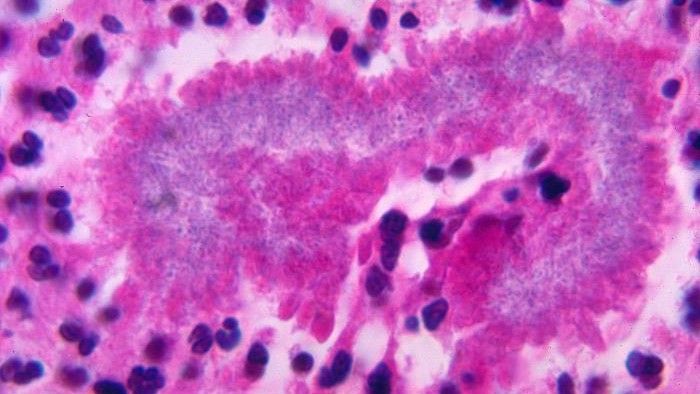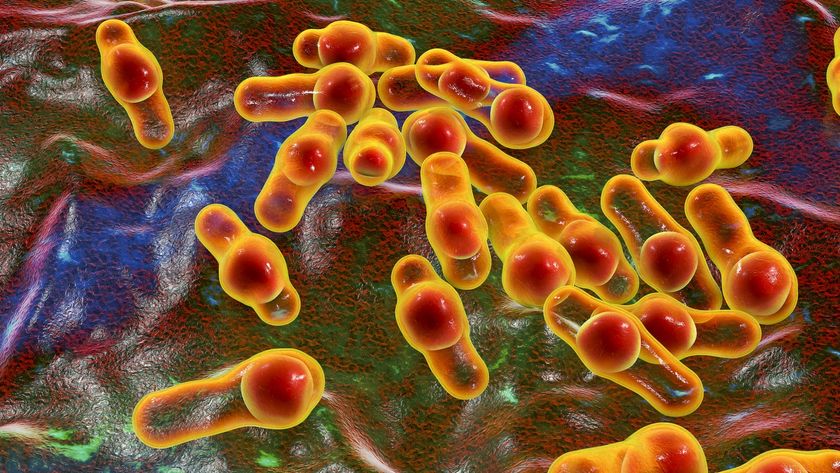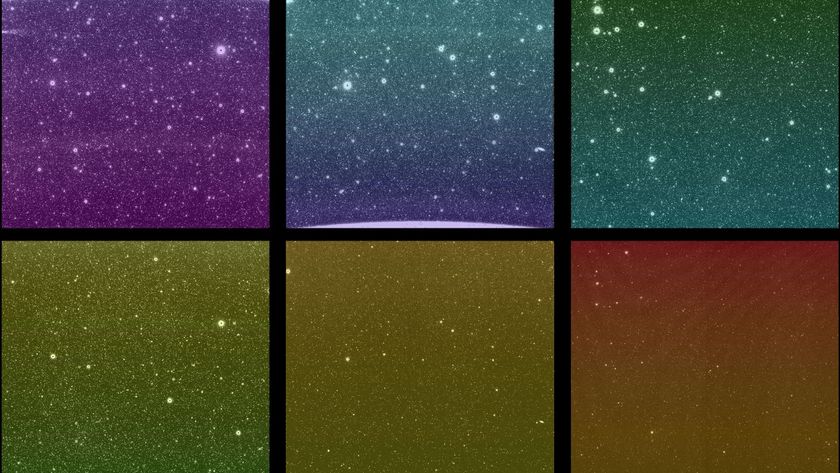Scientists behind tech in mRNA vaccines snag 2nd prestigious prize — is a Nobel next?
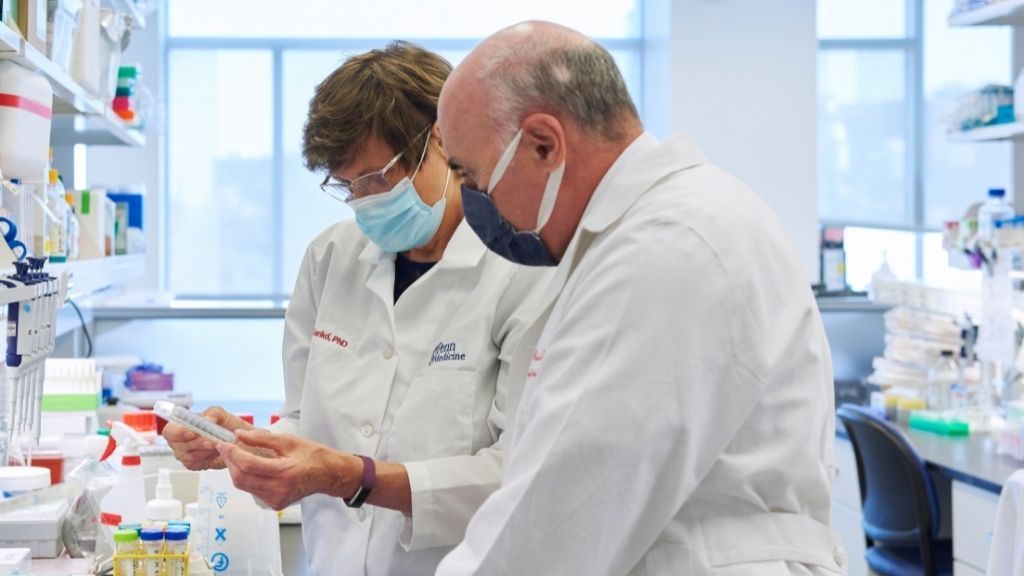
Two scientists who developed key technology used in the COVID-19 mRNA vaccines have been awarded the 2021 Lasker-DeBakey Clinical Medical Research Award, which comes with an honorarium of $250,000. Earlier this month, the pair won the $3 million Breakthrough Prize in Life Sciences.
Given that many past Lasker winners have gone on to win the Nobel Prize, could the team be up next for the coveted award? (Moderna co-founder and stem cell biologist Derrick Rossi has said that, at some point, they should certainly be considered for the Nobel Prize in chemistry, Stat News reported.)
Mary and Albert Lasker founded the Lasker Awards in 1945 to honor scientists whose fundamental biological discoveries and clinical advances have helped to improve human health, according to the Lasker Foundation. This year, Katalin Karikó and Dr. Drew Weissman will share an award for their decades of work with messenger RNA (mRNA), which forms the basis of the Pfizer-BioNTech and Moderna COVID-19 vaccines.
Related: 7 revolutionary Nobel Prizes in Medicine
Through their research, the team figured out how to safely deliver custom-made mRNA into our cells, without setting off a harmful immune response in the process, Live Science previously reported. In its natural form, mRNA relays instructions from our DNA to construction sites in our cells, where new proteins are made. mRNA-based vaccines work on the same principle, directing cells to build specific proteins. For example, the COVID-19 vaccines instruct cells to build the spike protein of the coronavirus so that the immune system can learn to recognize the pathogen.
In the future, a wide range of vaccines and therapeutics could be made using this technology. For instance, Weissman, an immunologist and professor of vaccine research at the University of Pennsylvania's Perelman School of Medicine, has launched trials of mRNA vaccines designed to prevent genital herpes, influenza and HIV. And Karikó, a senior vice president at BioNTech and an adjunct professor of neurosurgery at the Perelman School of Medicine, is developing mRNA-based treatments for cancer and autoimmune diseases like multiple sclerosis.
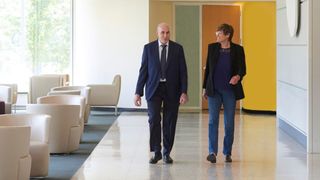
"There's huge potential for the future of modified RNA," Weissman told Live Science in early September, when the duo won the prestigious and lucrative Breakthrough Prize. "My lab is currently working with 150 different labs around the world, developing different mRNA vaccines and therapeutics, so the interest in it is growing by the day."
Sign up for the Live Science daily newsletter now
Get the world’s most fascinating discoveries delivered straight to your inbox.
In addition to the Lasker Award and the $3 million Breakthrough Prize, in August Karikó and Weissman received the Louisa Gross Horwitz Prize for Biology or Biochemistry, awarded for groundbreaking work in medical science, according to Columbia University. And back in February, the pair won the Rosenstiel Award, which recognizes basic science researchers who have transformed the field of medicine, according to the university magazine BrandeisNOW.
Many recipients of Lasker Awards have gone on to win the Nobel Prize, hinting that Karikó and Weissman may soon earn one as well. In the award's 75-year history, 95 winners later received a Nobel, according to the Foundation. Similarly, 51 of the 106 previous Horwitz Prize winners have won a Nobel, as have 36 of the 93 Rosenstiel Award winners.
And for what it's worth, in a recent popular poll, the readers of ChemistryViews magazine listed Karikó as one of their top picks for the 2021 Nobel Prize in chemistry.
That said, on average, there's typically a nine-year gap between winning the Rosenstiel Award and earning a Nobel, James Haber, director of the Rosenstiel Basic Medical Sciences Research Center, noted at this year's Rosenstiel ceremony. So we'll have to wait and see if the Nobel Committee will call Karikó and Weissman's names this October, or if the pair might earn a prize at a later date.
In addition to Karikó and Weissman's prize, two Lasker Awards were granted in other categories:
The 2021 Albert Lasker Basic Medical Research Award went to three scientists — Dieter Oesterhelt of the Max Planck Institute of Biochemistry, Peter Hegemann of Humboldt University of Berlin, and Karl Deisseroth of Stanford University — who discovered light-sensitive proteins now used in optogenetics, a technique that allows scientists to switch specific cells "on" and "off" using light.
And finally, David Baltimore of the California Institute of Technology won the 2021 Lasker-Koshland Special Achievement Award in Medical Science. Over his 60-year career, Baltimore has made significant contributions to the fields of immunology, cancer research and virology, and he's known for co-chairing a commission during the HIV/AIDS crisis that helped reshape America's approach to the epidemic.
Editor's note: This story was updated on Sept. 27 to note this year's winners of the Basic Medical Research Award and Special Achievement Award in Medical Science.
Originally published on Live Science.

Nicoletta Lanese is the health channel editor at Live Science and was previously a news editor and staff writer at the site. She holds a graduate certificate in science communication from UC Santa Cruz and degrees in neuroscience and dance from the University of Florida. Her work has appeared in The Scientist, Science News, the Mercury News, Mongabay and Stanford Medicine Magazine, among other outlets. Based in NYC, she also remains heavily involved in dance and performs in local choreographers' work.
